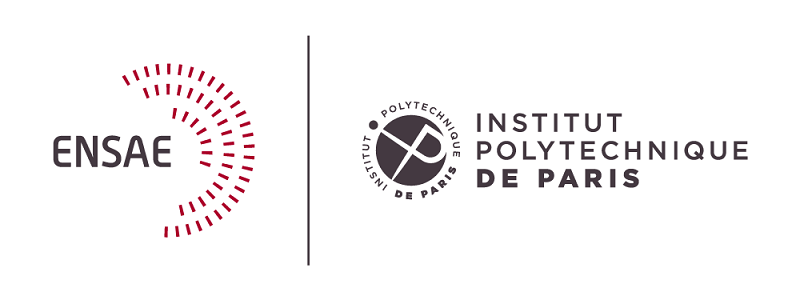Decentralized Learning in Online Queuing Systems
Résumé
Motivated by packet routing in computer networks, online queuing systems are composed of queues receiving packets at different rates. Repeatedly, they send packets to servers, each of them treating only at most one packet at a time. In the centralized case, the number of accumulated packets remains bounded (i.e., the system is \textit{stable}) as long as the ratio between service rates and arrival rates is larger than $1$. In the decentralized case, individual no-regret strategies ensures stability when this ratio is larger than $2$. Yet, myopically minimizing regret disregards the long term effects due to the carryover of packets to further rounds. On the other hand, minimizing long term costs leads to stable Nash equilibria as soon as the ratio exceeds $\frac{e}{e-1}$. Stability with decentralized learning strategies with a ratio below $2$ was a major remaining question. We first argue that for ratios up to $2$, cooperation is required for stability of learning strategies, as selfish minimization of policy regret, a \textit{patient} notion of regret, might indeed still be unstable in this case. We therefore consider cooperative queues and propose the first learning decentralized algorithm guaranteeing stability of the system as long as the ratio of rates is larger than $1$, thus reaching performances comparable to centralized strategies.
Domaines
Mathématiques [math]| Origine | Fichiers produits par l'(les) auteur(s) |
|---|
